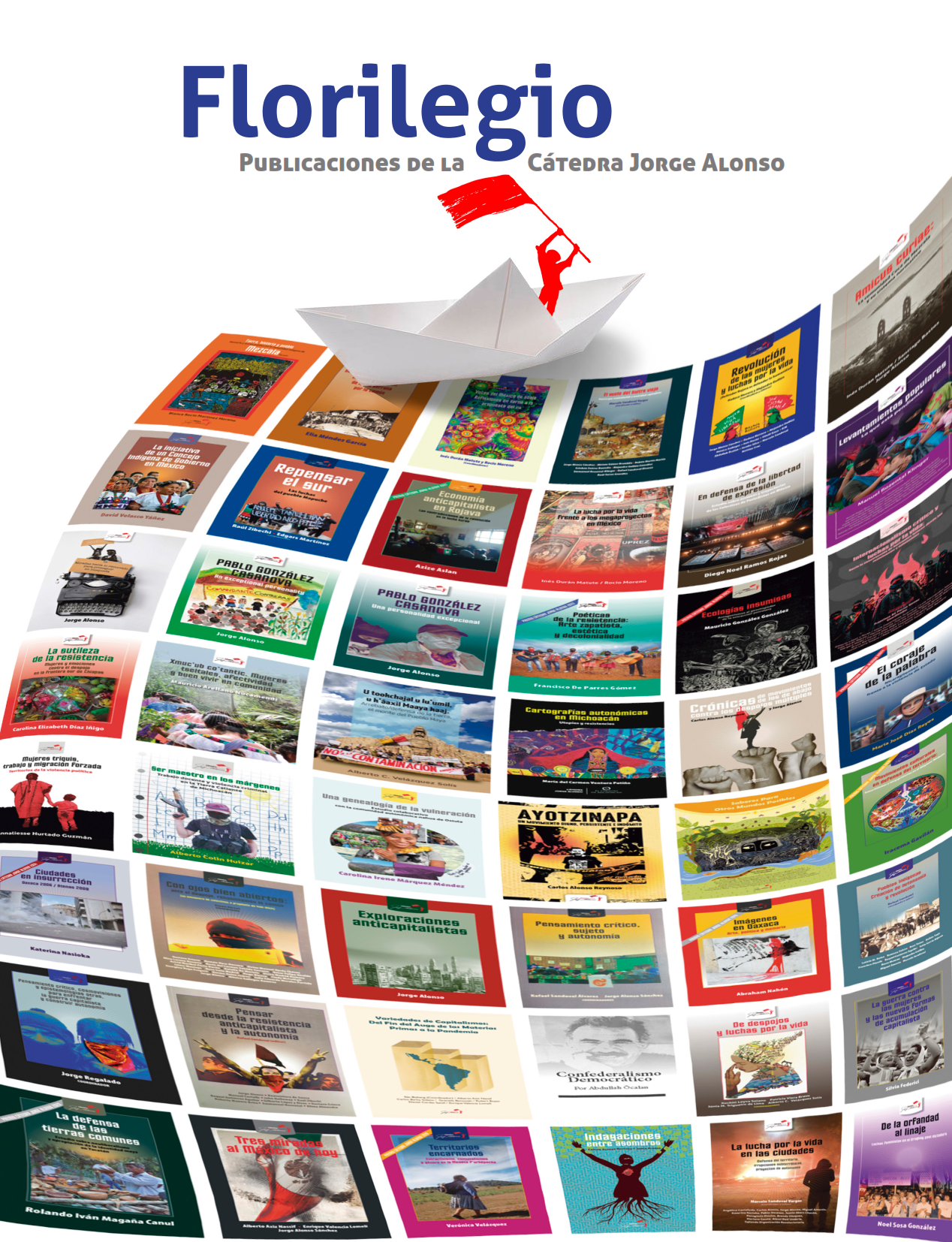Methodological aspects of modernization of professional training of future music teachers
Resumen
ABSTRACT
The paper reports the experience of implementing an innovative methodological model of professional training of future music teachers. The basic methods and forms of pedagogical experimental works in Kamianets-Podilsky Ivan Ohienko National University are presented. The reliability of the data was confirmed by the results of final processing according to the diagnostic methods of the confirmatory experiment. 67 students with bachelor and specialist degrees specializing in music were prepared according to the 4-stage methodological model of innovative instrumental-performing training. The results can serve as a model for preparing future music teachers for innovative instrumental-performing activity.
Citas
BONDE, L.O. & WIGRAM, T (2002). A comprehensive guide to music therapy: Theory, clinical practice, research, and training. Jessica Kingsley Publishers.
BRODSKY, W (2019). Book review: David Hargreaves and Alexandra Lamont, The Psychology of Musical Development.
CASEY, A, GOODYEAR, V.A. & ARMOUR, K.M. (2016). Digital technologies and learning in physical education: Pedagogical cases. Taylor & Francis.
CHERKASOV, V.F. (2017). Fundamentals of scientific research in music-educational branch. Kirovograd: RVV.
DYCHKIVSKA, I.M. (2012). Innovative pedagogical technologies. Kyiv: Akademvydav.
HARGREAVES, D & LAMONT, A (2017). The psychology of musical development. Cambridge University Press.
HAVRYLCHYK, L.M. (2007). Work on the artistic image of a musical work. Kyiv: NPU.
HREBEN, N.F. (2007). Psychological tests for professionals. Minsk: Sovremennaya Shkola.
KOZYR, A.V. (2008). Music teachers’ professional skills: theory and practice of formation in the multilevel education system. Kyiv: NPU.
LAMONT, A. & HARGREAVES, D. (2019). “Musical preference and social identity in adolescence”. Handbook of Music, Adolescents, and Wellbeing, p. 109.
NAUMENKO, S.I. (2015). Psychology of musical activity. Chernivtsi: Rodovid.
OSADCHUK, N. (2018). “Acmeological Culture of Prospective Commissioned Officers”. European Cooperation, 1(32), pp. 18-29.
PADALKA, G.M. (2008). Pedagogy of art (theory and methods of teaching arts). Kyiv: Osvita Ukraine.
PANKIV, L.I. (2017). “A technological approach in art education: essence and perspectives”. Innovative processes in education: Collective monograph, pp. 152-160. Poland: AMEET.
PITTS, S (2016). Valuing musical participation. Routledge.
RATKO, M.V. (2014). Theory and methodology of music education. Melitopol.
RAZHNIKOV, V.H. (1989). Dialogues about music pedagogy. Moscow: Muzyka.
REAN, A.A, & KOLOMINSKIYYA, Ya. L. (1999). Social pedagogical psychology. St. Petersburg: Piter.
TSYPIN, H.









